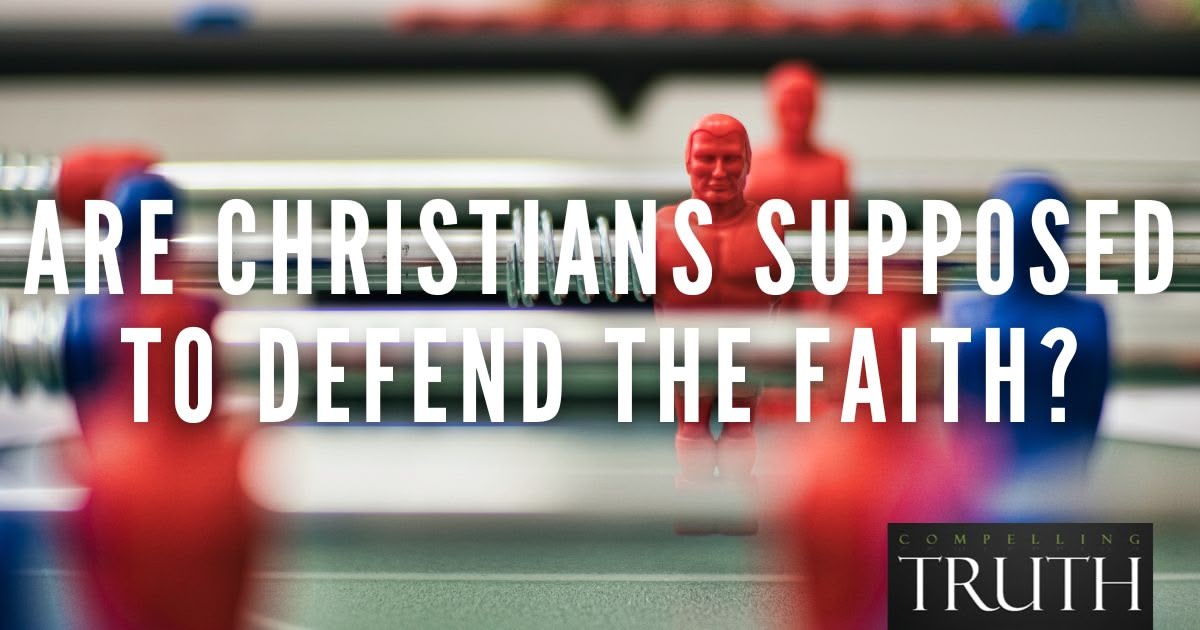In his letter to believers who were living in Jerusalem, Jude urged them to "contend for the faith.” Rather than focus on the commonality of their salvation, Jude urges the church to have ownership of their faith by fighting for it. He writes, "Beloved, although I was very eager to write to you about our common salvation, I found it necessary to write appealing to you to contend for the faith that was once for all delivered to the saints" (Jude 1:3). Jude's concern is that the Christian message of the gospel—"the faith"—is under attack from false teachers and their heresies. Jude exhorts his readers to contend for the message of the gospel against those who are seeking to erode it.
The ancient Greek word translated contend comes from the athletic world and is a form of the word meaning to agonize. Therefore contend speaks of hard and diligent work. Jude was prompted to write this because "certain people have crept in unnoticed who long ago were designated for this condemnation, ungodly people, who pervert the grace of our God into sensuality and deny our only Master and Lord, Jesus Christ" (Jude 1:4). False teachers had infiltrated the church. The New Testament is filled with warnings to the church about false teachers. False prophets are dangerous because they convince others by “twisting the Scripture” (see 2 Peter 3:16), so Jude instructs the church on how to respond when there are false teachers in a congregation—by holding fast to the truth of the gospel.
At the end of his letter Jude gives practical instruction on how to contend for the faith and how to encourage a congregation that has false teachers within it: "But you, beloved, building yourselves up in your most holy faith and praying in the Holy Spirit, keep yourselves in the love of God, waiting for the mercy of our Lord Jesus Christ that leads to eternal life. And have mercy on those who doubt; save others by snatching them out of the fire; to others show mercy with fear, hating even the garment stained by the flesh" (Jude 1:20–23). We are to contend for the faith by building ourselves up in the faith (2 Peter 1:5–10) and by praying in the Holy Spirit (Ephesians 6:18). We are also to be sensitive to the needs of the congregation as many might be struggling in their faith because of the false teacher's doctrines. We are to hate the presence of sin, calling our brothers and sisters in Christ out of it, and at the same time show mercy to those who are doubting (cf. 1 Thessalonians 5:14; James 5:19–20). We are not only fighting the battle for the truth for ourselves, but for those around us—for those who are weaker or those who are easily deceived, those younger or more impressionable. In order to “contend,” we must also be ready to “defend.” Peter’s challenge to the believers was, “...always being prepared to make a defense [of your faith] to anyone who asks you for a reason for the hope that is in you; yet do it with gentleness and respect” (1 Peter 3:15). So, we must know God’s Word and stand up for what we believe both for ourselves and for others.




